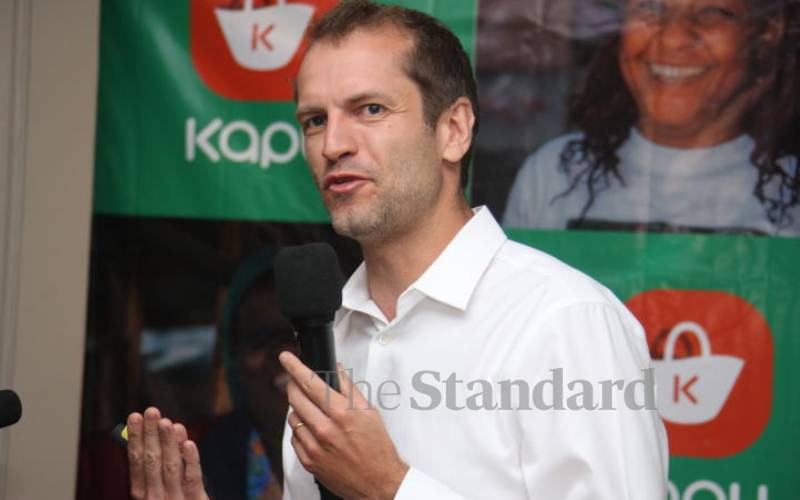×
The Standard e-Paper
Home To Bold Columnists

Shortly after quitting pan-African e-commerce giant Jumia, Sam Chappatte had managed to raise $8 million (Sh980.8 million) and wooed his former colleagues to build an outfit fashioned from their collective experiences at the New York Stock Exchange listed firm.
The ex-Jumia group executive vice president and Kenyan head is the brains behind Kapu, a business-to-consumer (B2C) e-commerce start-up backed by some of Africa's wealthiest families, global venture capitalists and tech founders, among other serial investors.